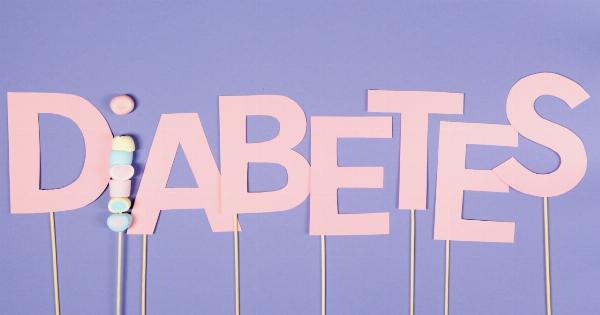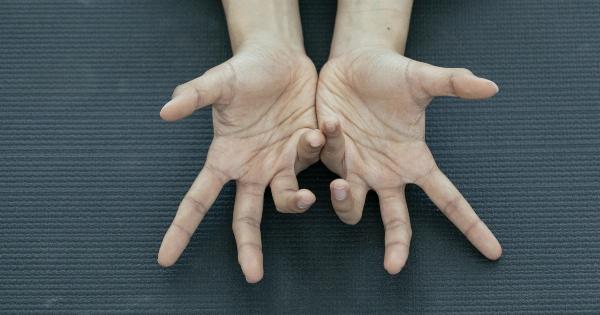Dementia is a term used to describe a group of symptoms that cause a decline in cognitive function, including memory loss, difficulty with language and problem-solving, and changes in mood and behavior.
There are several types of dementia, and one of the less common types is bodily dementia.
What is Bodily Dementia?
Bodily dementia, also known as corticobasal degeneration, is a degenerative brain disease that affects the cerebral cortex and basal ganglia. The disease results in the progressive deterioration of cognitive, motor, and behavioral functions.
Bodily dementia is a rare form of dementia that accounts for less than 5% of all dementia cases. The disease usually affects people between 50 and 70 years of age, with men and women being equally likely to develop the disease.
Signs and Symptoms of Bodily Dementia
Initially, the signs and symptoms of bodily dementia may be subtle and barely noticeable. However, as the disease progresses, symptoms become more apparent, and individuals begin to experience severe cognitive, motor, and behavioral changes.
Below are some of the most common signs and symptoms of bodily dementia.
Cognitive Symptoms
Individuals with bodily dementia experience a decline in cognitive function, including:.
- Memory loss
- Difficulty concentrating
- Language difficulties
- Problems with visuospatial functions
Motor Symptoms
Bodily dementia affects the body’s motor function, including:.
- Difficulty with coordination and balance
- Stiffness and rigidity in muscles
- Reduced mobility
- Difficulty with simple movements like buttoning up shirts or tying shoelaces.
Behavioral Symptoms
Bodily dementia can lead to significant changes in behavior, including:.
- Depression
- Anxiety
- Agitation
- Impulsive behavior
- Loss of social and personal inhibitions
Diagnosing Bodily Dementia
Diagnosing bodily dementia can be difficult, as symptoms often overlap with other types of dementia or movement disorders.
Early diagnosis, however, is vital, as it can lead to a better understanding of the disease’s progression and the most effective treatment plan.
A neurologist or other medical professional usually performs a comprehensive neurological examination, which assesses the patient’s motor function, cognitive abilities, and behavior to diagnose bodily dementia.
Treatment Options for Bodily Dementia
Unfortunately, there is no known cure for bodily dementia. However, there are several treatment options that can help manage the disease’s symptoms and provide a better quality of life for individuals with the condition. These include:.
- Medications that help manage behavioral and mobility issues
- Physical therapy to improve mobility and reduce stiffness and rigidity of muscles
- Speech therapy to help individuals with language difficulties
- Occupational therapy to help individuals with activities of daily living
Conclusion
Bodily dementia is a rare form of dementia that affects both cognitive and motor function. Early diagnosis and treatment can help manage the disease’s symptoms and provide a better quality of life for individuals with the condition.































